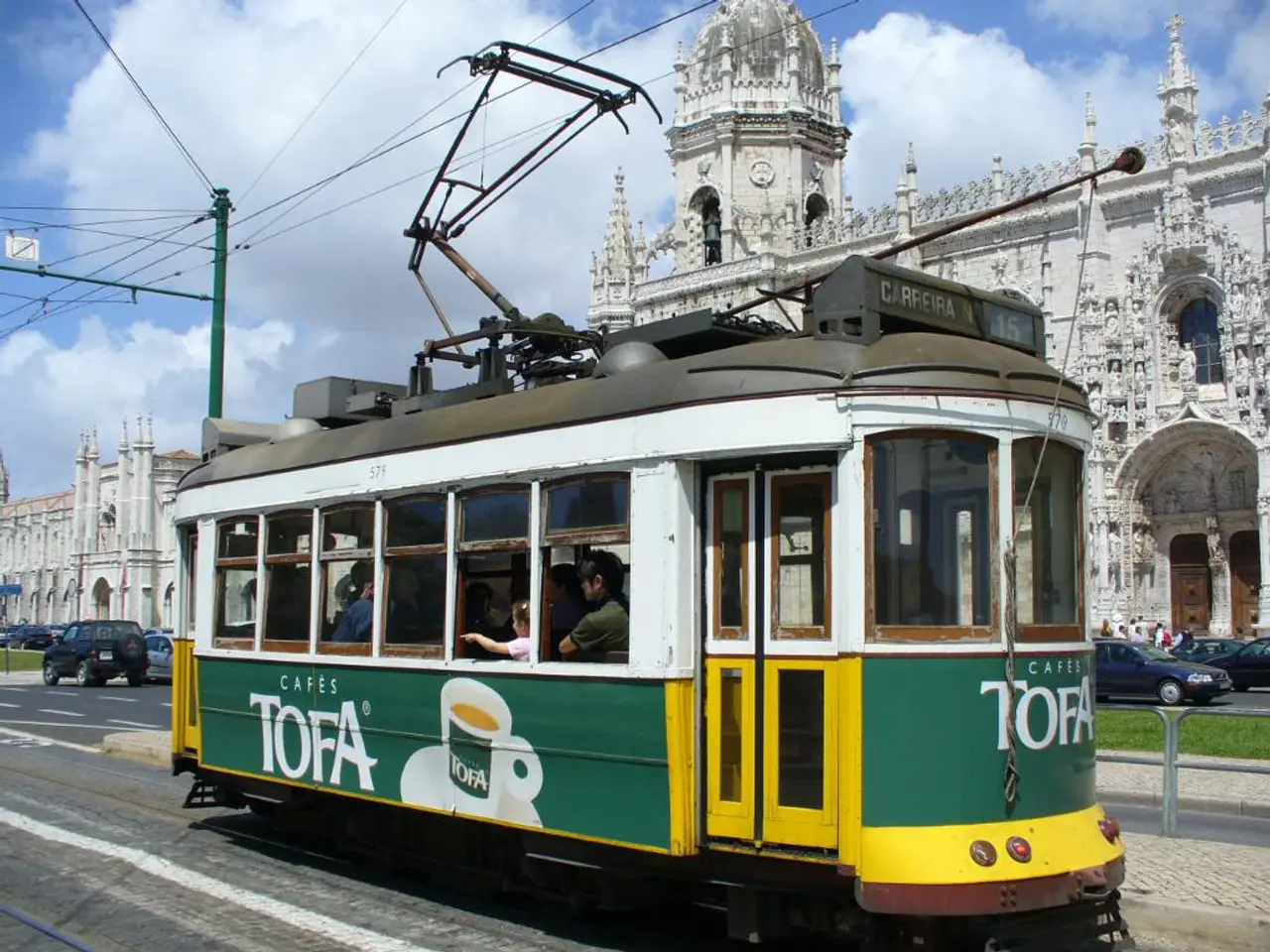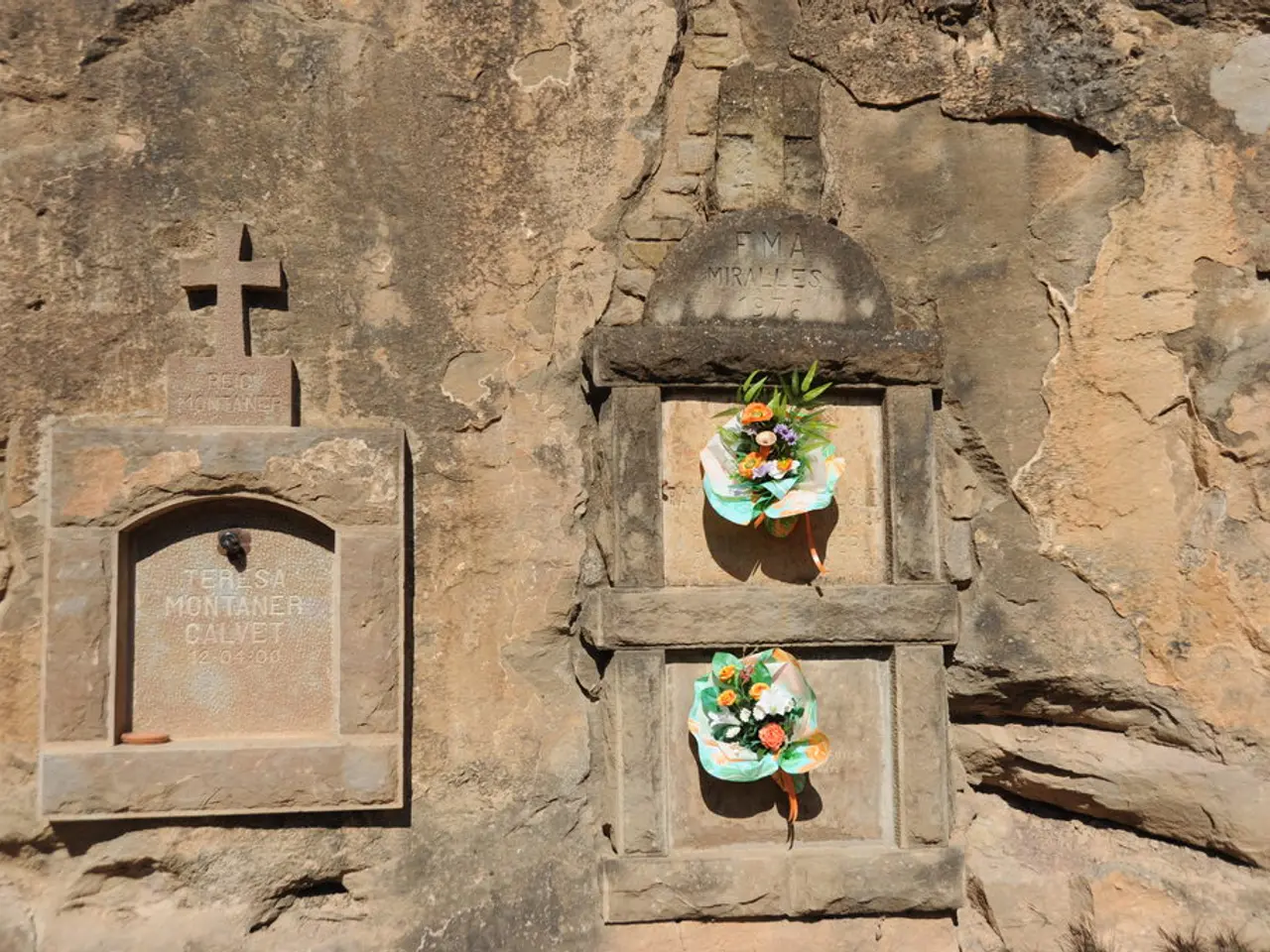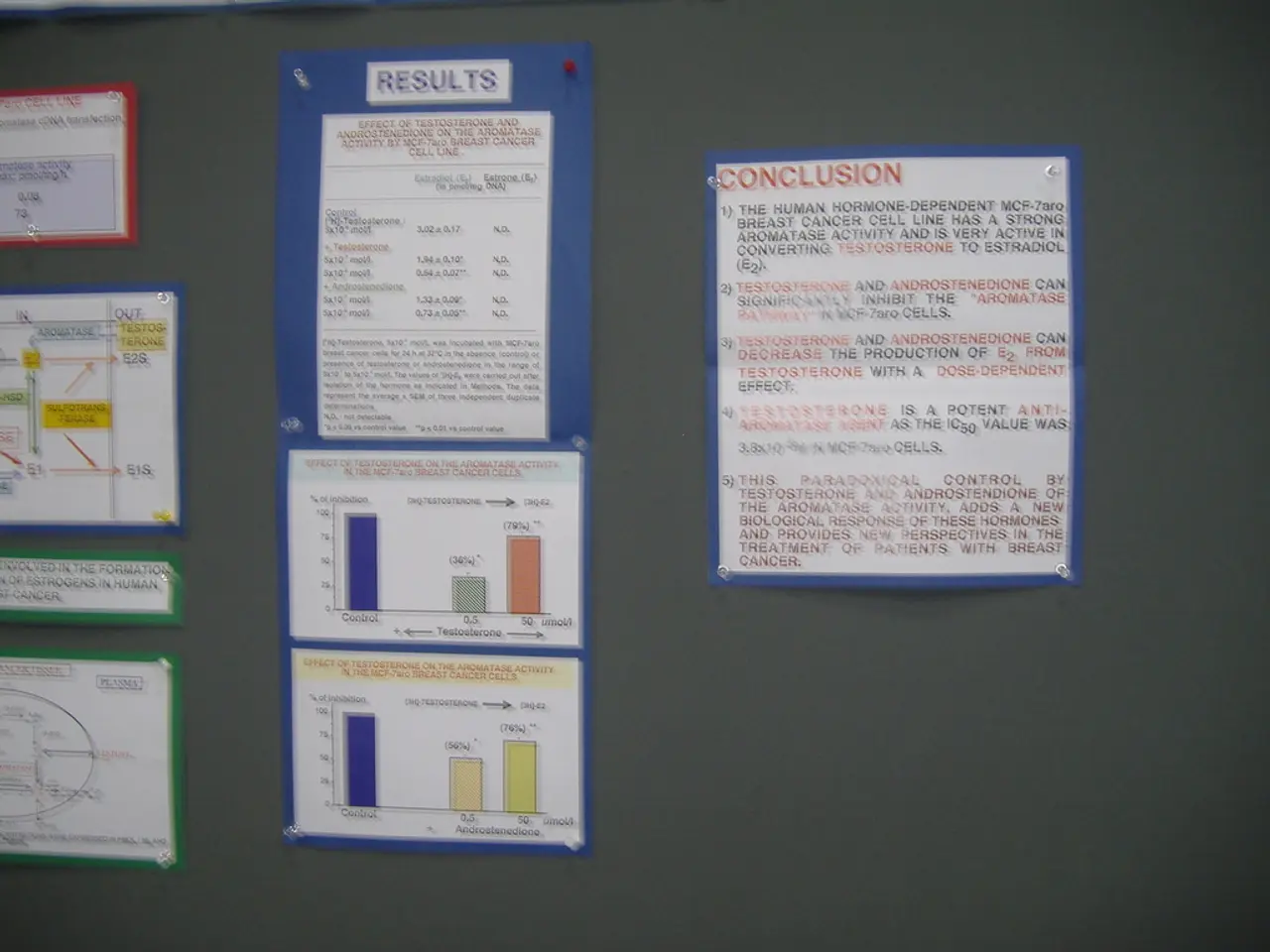Iași City Hall Finalizes EUR 60 Million Tender for Construction of New Tram and Bus Depot in Eastern Romania
In a significant stride towards sustainable public transport infrastructure, the city of Iași, Romania, has embarked on a groundbreaking project: the construction of an energy-independent tram and bus depot. With a total investment of €60 million, this state-of-the-art facility is set to revolutionise the city's public transport system.
The tender for the construction of the depot, organised by the Iași City Hall, was won by a local-Bucharest consortium comprising Conest, from Iași, and Mari Vila Com, from Bucharest. The winning bid was announced in June 2025, with a deadline of two years for the completion of the works.
The new depot will be built in the Dacia area of Iași, a region undergoing modernisation of its public transport infrastructure. The facility will span approximately 40,000 square metres and will feature two shelter areas for vehicles, repair spaces, office areas, a dining hall, and buildings for various installations.
One of the most notable aspects of the depot is its commitment to energy independence. Upon completion, it will become the first energy-independent depot in Romania and Eastern Europe. This means the depot will produce and manage its own energy needs without relying on external power grids, a significant step towards sustainability and cost reduction.
The energy capacities of the depot will be provided through a photovoltaic panel system of 900 kW, a heat pump heating system of 120 kW, and a solar panel system for domestic hot water production of 180 kW. While specific technologies used in the depot are not exhaustively detailed, the energy independence suggests the integration of renewable energy systems such as solar panels and possibly wind power.
The city's recent acquisition of 32 new trams and 44 electric buses, funded by the EU, underscores the need for a depot equipped to charge and maintain electric fleets. The city is also set to acquire an additional 18 trams and 25 electric buses through the EU-backed National Recovery and Resilience Plan (PNRR).
The mayor of Iași stated that the depot will be built using state-of-the-art technologies that integrate the concept of digitization. The facility is part of a broader European and urban push towards sustainable, efficient public transport infrastructure in Romania.
[1] European Bank for Reconstruction and Development (EBRD) [2] National Recovery and Resilience Plan (PNRR) [3] Iași City Hall [4] European Commission [5] European Investment Bank (EIB)
- The construction of the energy-independent tram and bus depot in Iași, a significant project in the industry, is expected to be completed by a local-Bucharest consortium, including Conest and Mari Vila Com, who won the tender organized by the Iași City Hall, in a bid financed by the European Investment Bank (EIB) and the National Recovery and Resilience Plan (PNRR) of the European Commission.
- With the recent acquisition of 32 new trams and 44 electric buses, funded by the EU, and additional vehicles on the way, the energy-independent depot, featuring two shelter areas for vehicles, repair spaces, office areas, a dining hall, and buildings for various installations, is essential for the finance and maintenance of the city's growing electric public-transit fleet, as part of Romania's broader push towards sustainable, digitized, and efficient transportation infrastructure supported by European Bank for Reconstruction and Development (EBRD) and other EU institutions.




